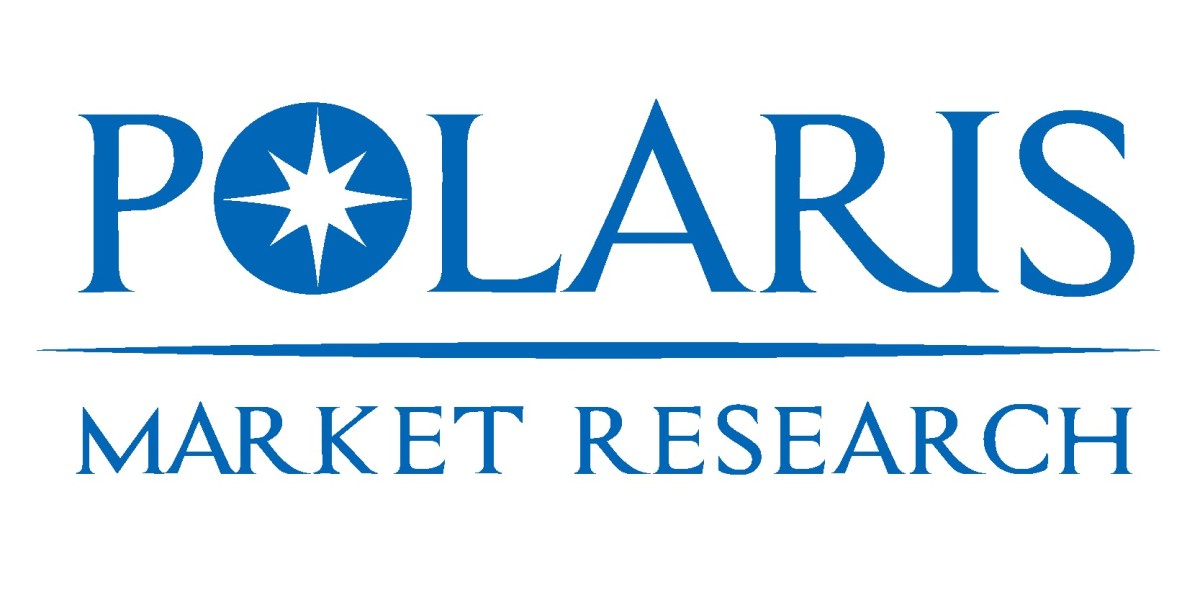Capella Assessment: A Smarter Path to Proving What You Know
Higher education is no longer bound by the old rules of time-based learning and generalized testing. In a fast-paced, skill-driven world, more learners are turning to models that allow them to demonstrate what they truly know and can apply. Among the institutions leading this shift is Capella University, whose Capella Assessment framework has redefined what meaningful academic progress looks like. Instead of relying on traditional exams and grades, it emphasizes real-world application, measurable competencies, and personal growth.
The core idea behind the Capella Assessment model is simple but powerful: what you can do matters more than how long you’ve studied. Rather than rewarding the time spent in class or the ability to memorize information, Capella focuses on the outcomes—what learners can actually perform in professional contexts. Each assessment is designed to evaluate a particular competency, giving learners the opportunity to show mastery through applied tasks, not theoretical exercises. This is particularly impactful for adult learners who bring valuable life and work experience to the table, and who want their academic efforts to translate directly into professional readiness.
Capella Assessment is most commonly associated with the university’s FlexPath learning format, which allows students to move through courses at their own speed. But it’s more than just self-paced learning—it’s structured around competency-based assessments that reflect real industry challenges. Whether you're pursuing a degree in healthcare, business, education, or information technology, the tasks you complete as part of your assessment are designed to mirror what professionals in your field actually do. That might mean writing a strategic marketing plan, analyzing clinical data, or developing a software proposal. These are not arbitrary academic tasks; they are meaningful, targeted, and connected to real job expectations.
Each Capella Assessment is carefully structured around clear, detailed criteria. Unlike traditional assignments that can sometimes feel subjective, these assessments are aligned with defined learning objectives and industry standards. Students receive rubrics outlining exactly what is required to demonstrate mastery. This transparency helps demystify the grading process and gives learners a stronger sense of control over their progress. It’s not about impressing a professor—it’s about proving your ability to deliver high-quality work in a specific context.
One of the key strengths of this model is how it builds professional confidence. When students complete a Capella Assessment, they’re not just finishing another course requirement—they’re producing work that reflects real capabilities. Over time, these projects form a portfolio that showcases their competencies to potential employers. In this way, assessments double as career-building tools. Graduates don’t just leave with a degree—they leave with evidence of what they can do.
Because the Capella Assessment approach is designed with adult learners in mind, flexibility is woven into every part of the experience. Many students at Capella are balancing full-time jobs, families, or other significant responsibilities. The ability to complete assessments when they are ready—not according to a preset academic calendar—makes it possible for education to fit into real life rather than forcing students to rearrange their lives around school. This respect for students' time and obligations is a huge part of what makes Capella’s model work.
But flexibility doesn’t mean a lack of support. In fact, the Capella Assessment process includes robust academic resources to help students succeed. Faculty members provide constructive feedback designed to help learners improve their work and deepen their understanding. The expectation isn’t perfection on the first try—it’s about growth, iteration, and learning through doing. This feedback-driven model builds both competence and resilience. Students aren’t punished for not getting it right immediately; instead, they’re encouraged to refine their approach and resubmit their work until it meets the required standard.
For many learners, this is a transformative experience. Rather than viewing assessments as stressful hurdles, they become opportunities to explore, experiment, and improve. The Capella Assessment framework treats learners like professionals-in-training, giving them both the space and the tools to develop their skills in a meaningful way. This process is empowering, especially for those who may have struggled in traditional academic settings but thrive when given the chance to apply knowledge in practical scenarios.
Moreover, Capella University doesn’t design its assessments in isolation. Industry relevance is at the heart of the process. The institution collaborates with experts in various fields to ensure that the competencies being measured are current and aligned with what employers actually need. This means that when you complete a Capella Assessment, you’re not just meeting academic standards—you’re building skills that are directly transferable to your career.
As more employers begin to value demonstrated competencies over degrees alone, this kind of assessment becomes even more important. It's no longer just about what school you attended or how many credit hours you’ve earned. It’s about what you can bring to the table—your problem-solving skills, your communication abilities, your critical thinking, and your ability to deliver results. Capella Assessment is built to help students develop and prove those exact skills.
The impact of this model goes beyond academic success. It fosters a mindset of continuous improvement and adaptability, traits that are essential in today’s workforce. Students who go through this process are not just learning content—they’re learning how to learn, how to receive feedback, and how to persist through challenges. These are lifelong skills that serve them well long after graduation.
Capella Assessment also reflects a broader shift in how society views education. As traditional models evolve, there’s a growing emphasis on personalized learning paths, practical experience, and digital accessibility. Capella has embraced these trends by building an assessment model that is not only academically rigorous but also accessible, relevant, and future-focused.
In many ways, Capella Assessment is more than just an academic tool—it’s a new way of thinking about education itself. It challenges outdated assumptions about how learning should be measured and opens the door for a more inclusive, flexible, and effective approach. By focusing on what learners can actually do, it gives them the confidence and credibility they need to succeed in an ever-changing world.






